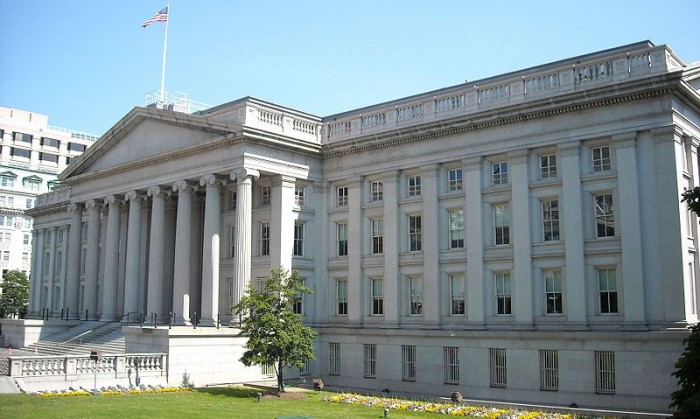"Informed AI News" is an publications aggregation platform, ensuring you only gain the most valuable information, to eliminate information asymmetry and break through the limits of information cocoons. Find out more >>
US doubts over effectiveness of China chip restrictions: China's military AI capabilities strengthen
- summary
- score

Starting from October 2022, the United States has tightened export controls on chips to China, aiming to limit China's access to high-end semiconductors used in military AI. However, investigations show that China can still obtain these chips for military research through shell companies and smuggling routes.
The U.S. Department of Commerce has introduced strict export control regulations, including a ban on the sale of NVIDIA's H100 chip. But research by The New York Times and the Center for Advanced Defense Studies indicates that government-linked entities in China have purchased these banned chips through various means.
Legal experts point out that the issue lies with intermediaries, not chip manufacturers. U.S. companies do not want their products to end up in the hands of undesirable end users. The enforcement of export controls is akin to a "cat and mouse" game, with Chinese entities evading regulations by changing names.
Meanwhile, the U.S. chip ban on China has sparked backlash. Critics argue that this has left market space for Chinese tech companies like Huawei. Huawei is set to release the "Ascend 910C" chip, which is expected to be comparable to NVIDIA's H100.
The U.S. government is considering further tightening restrictions on Chinese chips, including limiting the export of equipment and software made with U.S. technology to China. This move aims to further curb China's ability to acquire critical chip technologies.
| Scores | Value | Explanation |
|---|---|---|
| Objectivity | 6 | 内容平衡,深入分析 |
| Social Impact | 5 | 引发广泛讨论,影响公众意见 |
| Credibility | 5 | 权威来源,证据充分 |
| Potential | 6 | 几乎必然导致重大变化 |
| Practicality | 4 | 可直接应用于实际问题 |
| Entertainment Value | 2 | 包含少量娱乐元素 |